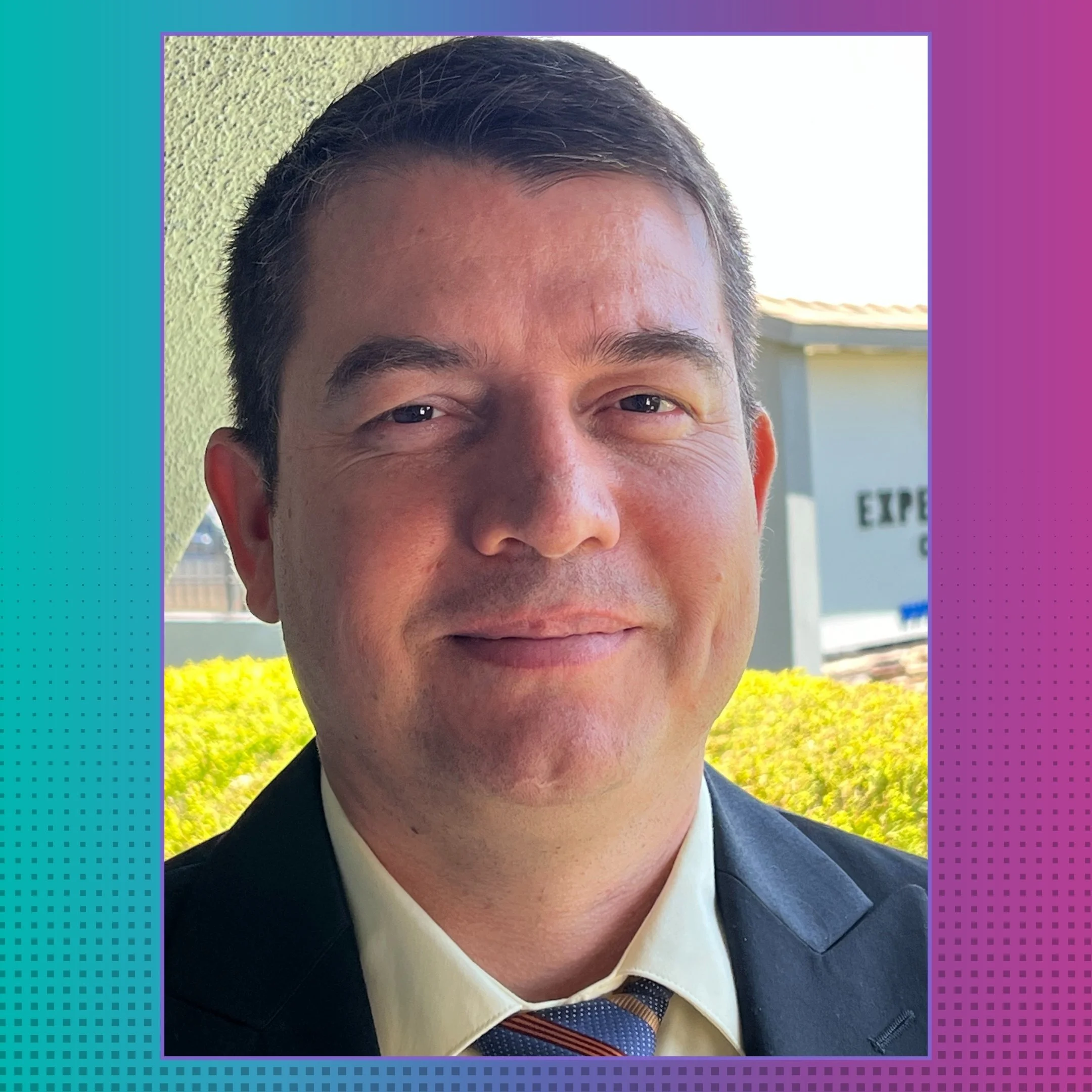Theory to Transformation: Leaders for Latinx Justice
APRIL 22, 2025
In the vibrant landscape of Latinx ministry, the combination of academic rigor and practical application shines a light on the path to transformative ministry experiences. Dr. Leslie Diaz-Perez, in collaboration with Priscilla Rodriguez, MDiv, brought this blend to life in their El Centro spring course, “Comunidades y Congregaciones Latinas.” This program empowered students to examine existing ministry models, analyze the role of biblical justice within vulnerable communities, and ultimately design innovative strategies for community-based social ministries. The course culminated in the development of a biblically grounded plan tailored to a specific Latinx community.
For Oseas Castillo, a Guatemalan pastor serving in Glendale, Arizona, this academic exercise ignited a profound passion, one that refused to remain confined to the classroom. This project, initially submitted for a course, has evolved into a real-life ministry. He started the course with a specific concern for the seasonal immigrant agricultural workers who come to Arizona. As he explains, he structured his project around the simple goal of helping them. The course covered Christian Community Development and emphasized the idea that the kingdom of God encompasses not only spiritual matters but also legal, social justice, emotional, and social aspects of life. This comprehensive understanding enabled him to refine the structure and components of his plan.
Castillo’s initiative, known as the “Immigrant Sanctuary Project,” offers a hopeful response aimed at equipping church leaders to assist immigrants. The project envisions the church as a sanctuary, providing a safe space for legal information, support, and safety protocols. This approach aligns with the principles of Asset-Based Community Development, which focus on restoring dignity and healing for individuals and communities.
However, Castillo recognizes the challenges he faces. He understands the importance of clearly and persuasively presenting his proposal to fellow ministers. Their involvement and shared mindset will be crucial in overcoming the fear and mistrust that exist within the immigrant community.
As Castillo begins to implement his plan, he is inspired by the Great Commission and encourages future students of the course to do the same. He emphasizes the primary goal of glorifying God and being a light in the world. According to Castillo, McCormick Theological Seminary challenges students to step outside their comfort zones to discern God’s purpose in uncharted territories. Dr. Diaz-Perez’s powerful concept of “incarnate presence”—a space where vulnerability is met with unwavering support and care—deeply resonates with Castillo. It guides his efforts to transform his local "Congregación Latinx" into a sanctuary of safety, support, and belonging. Through McCormick’s transformative education, Castillo and his peers are not just understanding Matthew 28; they are embodying its essence by actively pursuing justice for the marginalized and fostering social transformation.


